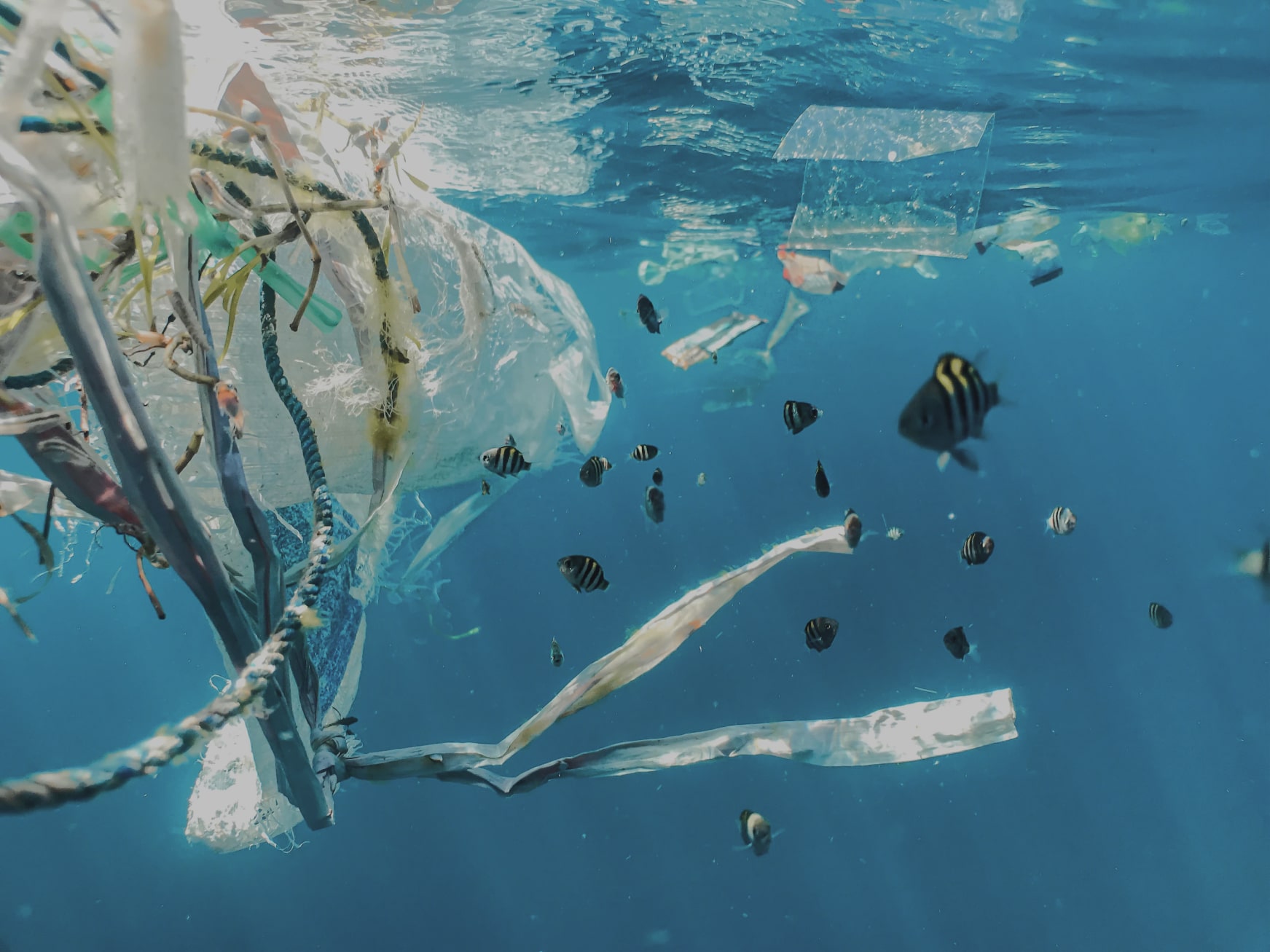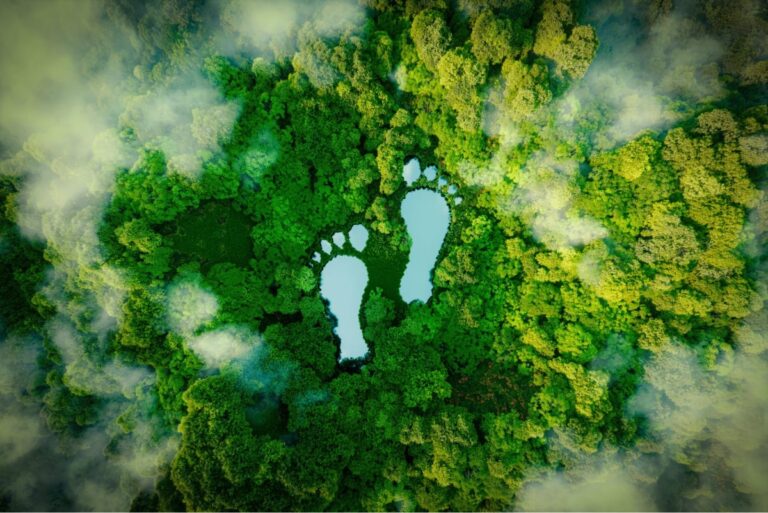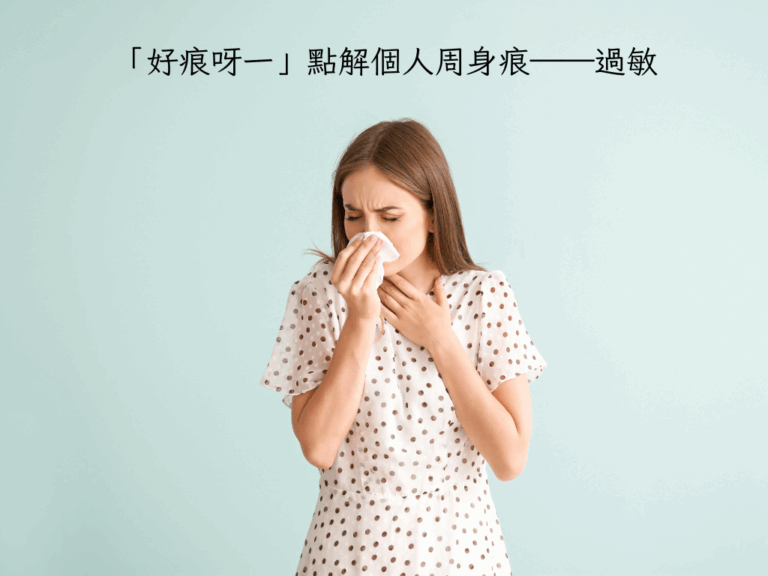Your basket is currently empty!
Have you ever thought that many plastic products you use in your daily life might eventually find their way into our beloved oceans in some form? While it's difficult to pinpoint the exact amount of plastic in the oceans, scientists estimate that around 8 million tons of plastic entered the oceans in 2010. Plastic pollution is undoubtedly a global problem that requires collaborative efforts to solve. In this article, we will discuss three practical actions to help alleviate this global crisis.
Threat of Plastic Pollution
The presence of plastic in the oceans poses a significant threat to our ecosystems. Millions of tons of plastic waste enter the oceans each year, harming marine life. Marine organisms often mistake plastic for food, triggering a chain reaction in the food web. Sadly, many marine creatures die or suffer permanent harm due to plastic debris, leading to severe impacts on the entire ecosystem.
Impact of Plastic on Humans
Plastic pollution not only harms marine life but also has potential implications for human health. Studies indicate that microplastics have entered our drinking water and food chain. These microplastics could have adverse effects on our bodies, such as damaging the digestive system, disrupting the endocrine system, and causing chronic illnesses. This is a concerning warning that demands immediate action.
Solutions
Fortunately, each one of us can play a part in addressing this issue. Here are some simple yet effective solutions:
- Reduce the use of single-use plastic products: Minimize the use of disposable plastic bags, bottles, and utensils. Opt for reusable alternatives like eco-friendly bags, stainless steel water bottles, and sustainable utensils.
- Recycle and reuse plastic: Actively participate in plastic recycling programs by sorting and recycling plastic waste. Additionally, support products made from recycled plastic to reduce the demand for new plastic and promote a circular economy.
- Advocate for policies and regulations: Support or engage in advocating for policies and regulations to combat plastic pollution. This includes banning or limiting the use of certain single-use plastic products and encouraging sustainable design and production of plastic products.
Education and Awareness
Education and awareness are key to addressing the issue of plastic pollution. We should educate ourselves and others about the impacts of plastic pollution and potential solutions. This involves spreading information through social media, the internet, and community activities, participating in marine clean-up events, and supporting relevant environmental conservation organizations.
The problem of plastic in the oceans is a crisis that we can avoid. It is everyone's responsibility to take action to protect our cherished oceans and ecosystems. By reducing single-use plastic, recycling and reusing, advocating for policies and regulations, and promoting education and awareness, we can collectively create a cleaner and more sustainable environment. Let's work together to ensure that future generations can enjoy beautiful oceans and a healthy life.







